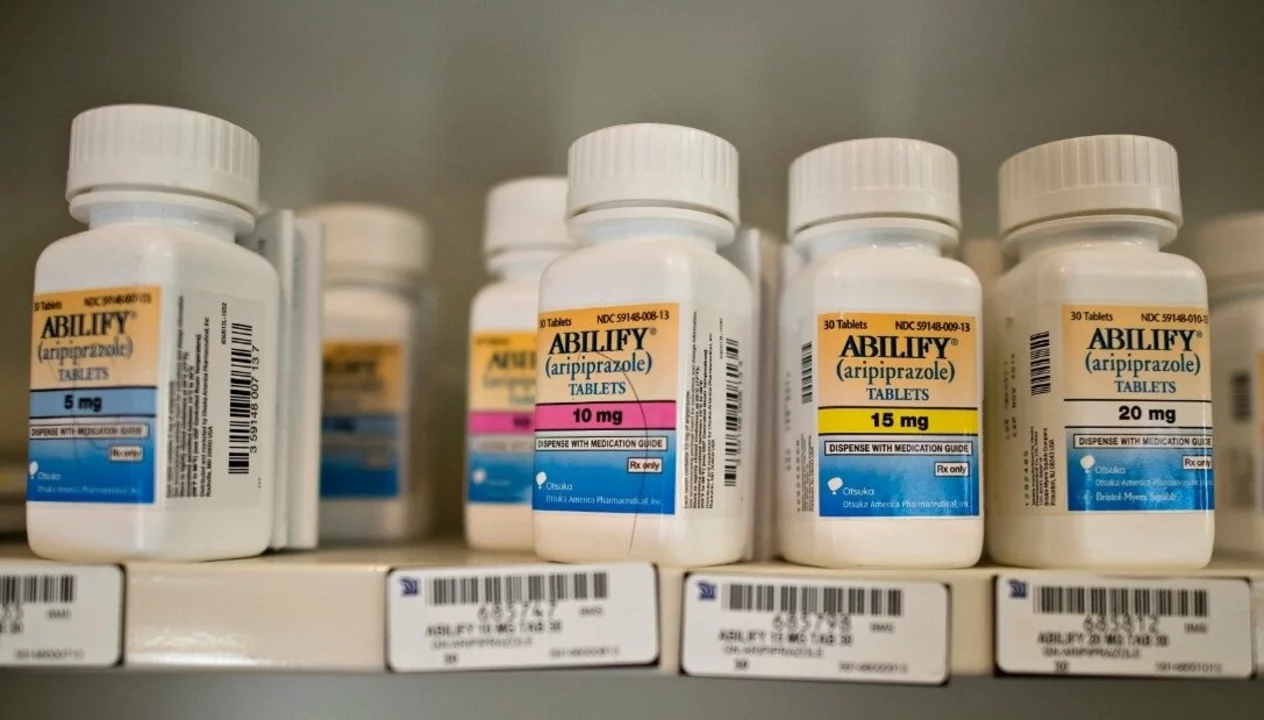PTSD – Symptoms, Causes, and Treatment Options
If you or someone you know keeps replaying a scary event over and over, feels jumpy all the time, or avoids places that remind them of it, PTSD could be the reason. It’s not just “being scared” – it’s a real medical condition that affects thoughts, feelings, and body. The good news? There are clear steps you can take to feel better.
Recognizing PTSD Signs
The first clue is usually a set of symptoms that stick around for more than a month after a traumatic event. You might notice:
- Intrusive memories: flashbacks, nightmares, or unwanted thoughts that pop up out of nowhere.
- Avoidance: skipping social events, places, or conversations that remind you of the trauma.
- Negative mood changes: feeling detached, losing interest in things you used to enjoy, or having a hard time remembering parts of the event.
- Hyper‑arousal: being easily startled, having trouble sleeping, or staying on edge all day.
If you tick several boxes, it’s worth chatting with a mental‑health professional. Early detection helps prevent the condition from getting worse.
Effective Ways to Manage PTSD
There are two main tracks for treatment: therapy and medication. Most experts recommend a combo because they work together.
Therapy options include Cognitive Behavioral Therapy (CBT) that teaches you how to challenge scary thoughts, and EMDR (Eye Movement Desensitization and Reprocessing), which uses guided eye movements to reduce the emotional impact of memories. Both have solid success rates and can be done in person or online.
Medications aren’t a cure but they can calm the brain’s chemistry so therapy becomes easier. The most common prescriptions are SSRIs like sertraline (Zoloft) and paroxetine (Paxil). Some doctors also use SNRIs or short‑term sleep aids if insomnia is a big problem.
Beyond professional help, everyday habits make a huge difference:
- Stay active: Even a 20‑minute walk can lower stress hormones.
- Practice grounding: Focus on your five senses (what you see, hear, touch, taste, smell) when flashbacks hit.
- Connect with others: Talking to trusted friends or joining a PTSD support group reduces isolation.
- Limit alcohol and drugs: They might mask symptoms short‑term but can worsen anxiety later.
If you’re unsure where to start, NorthDrugstore’s article library has deeper dives on specific meds, therapy types, and self‑help tools. Look for posts about antidepressants, coping strategies, and real‑world experiences from people living with PTSD.
Remember, PTSD is treatable. Spotting the signs early, getting professional help, and building solid daily habits put you back in control of your life.
As a blogger, I'm always on the lookout for new and promising treatment options for various conditions, and today I'd like to share my findings on aripiprazole for PTSD. Aripiprazole, an atypical antipsychotic, has been showing great potential in treating PTSD symptoms. Recent studies have demonstrated a significant reduction in both the frequency and severity of these symptoms when using this medication. Additionally, aripiprazole has been well-tolerated by patients, with minimal side effects reported. Overall, this treatment option seems quite promising for those suffering from PTSD, and it's definitely something worth exploring further.
May, 15 2023

